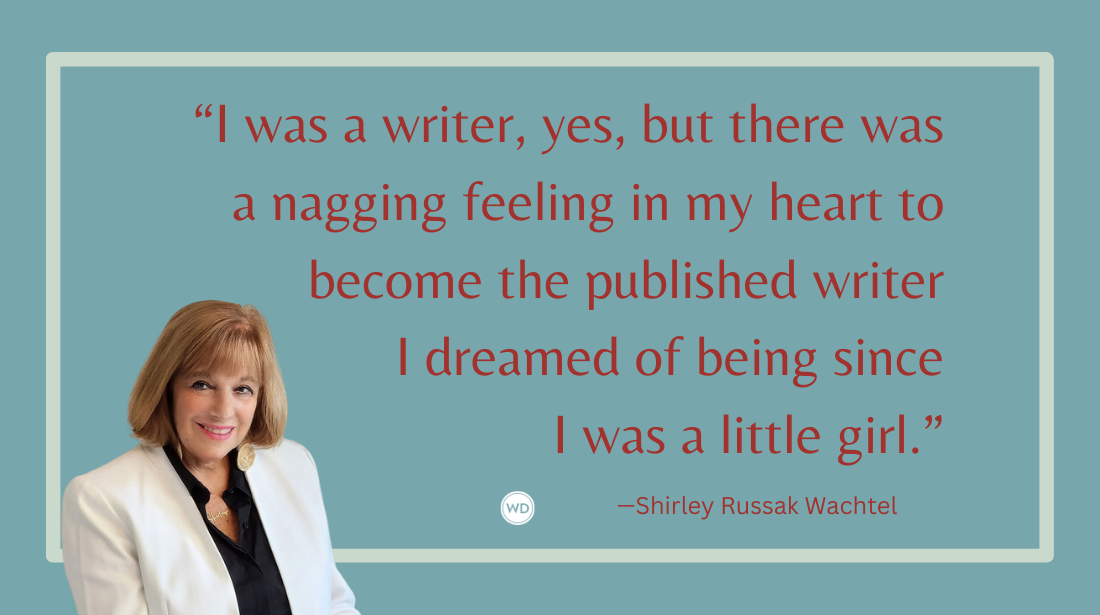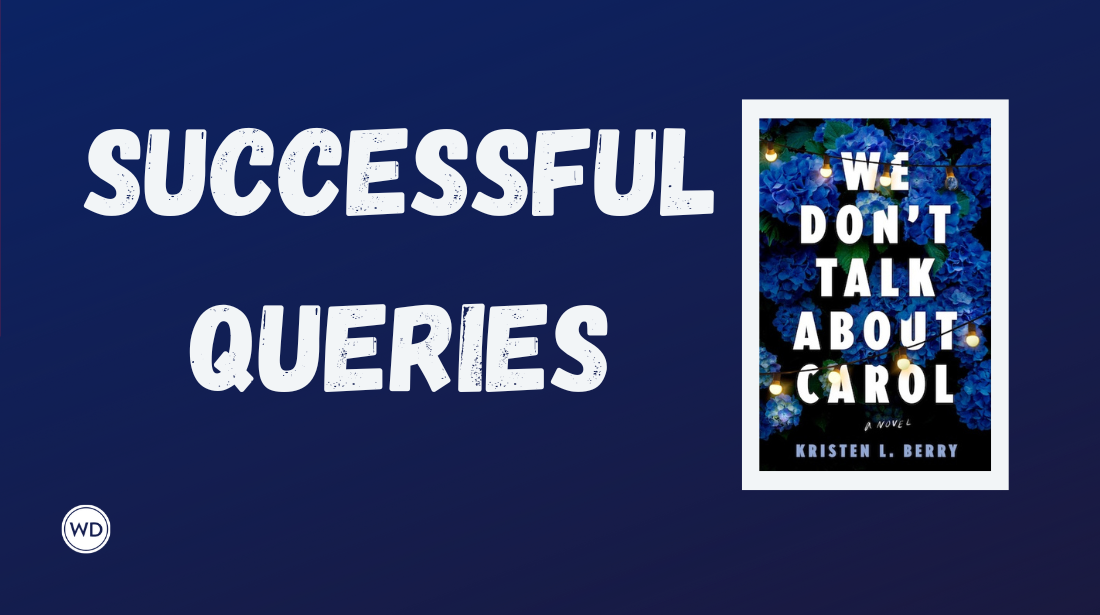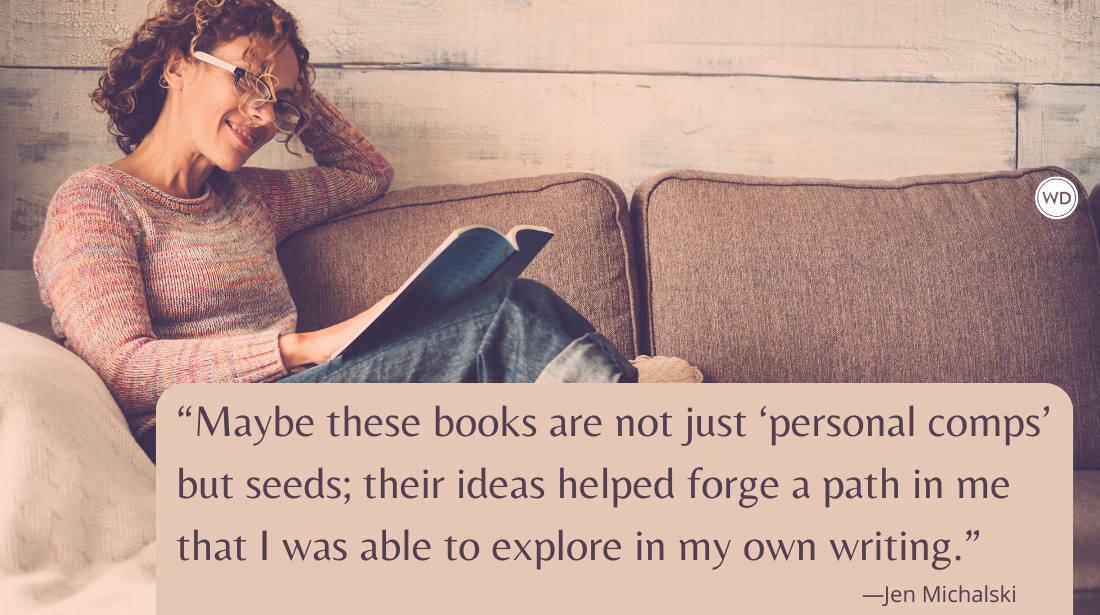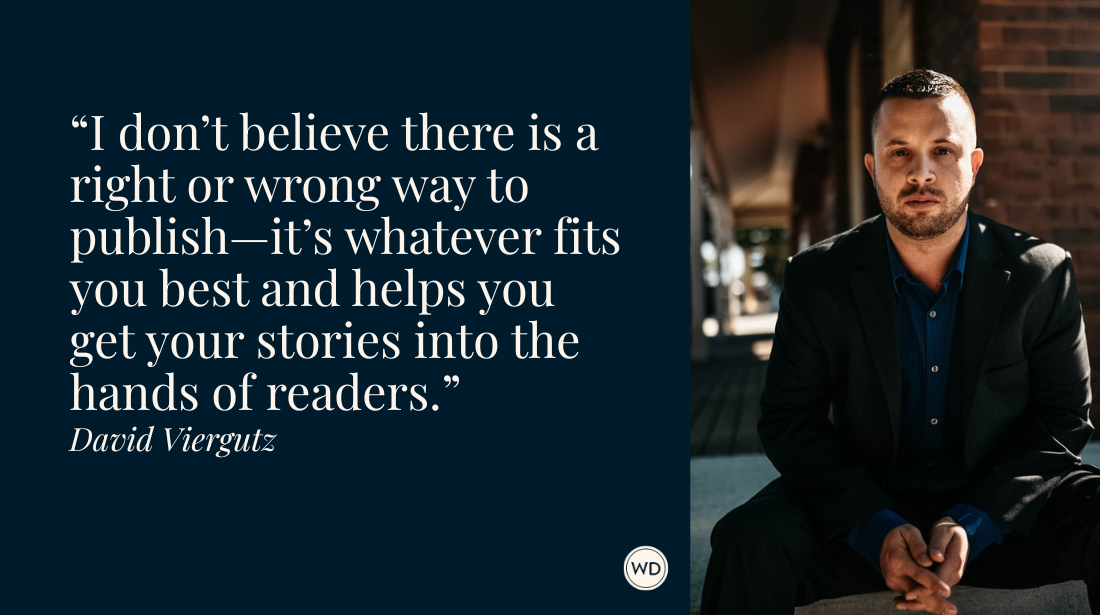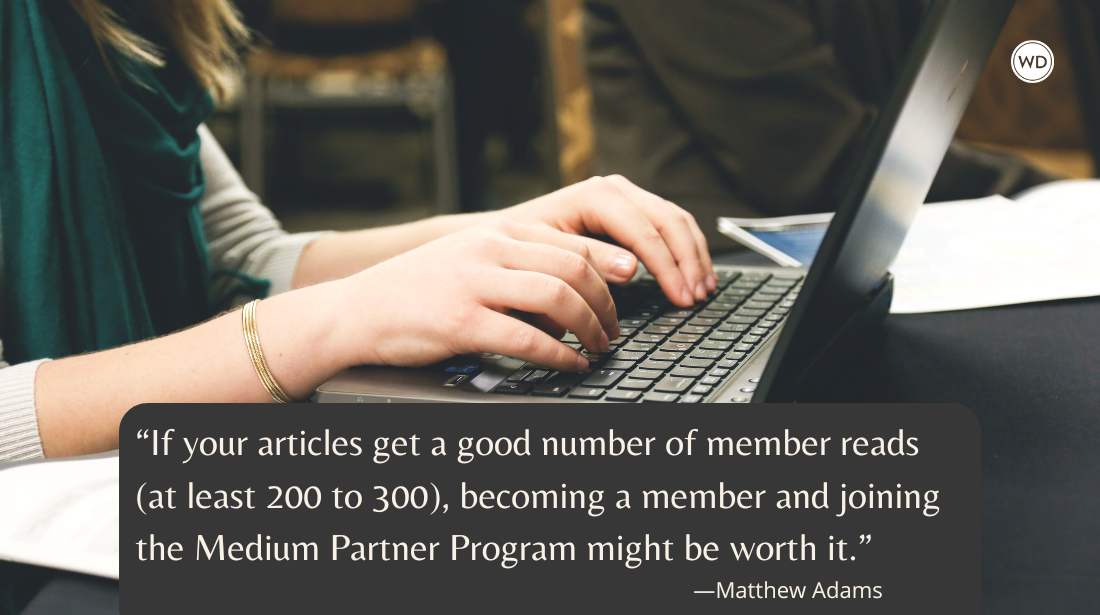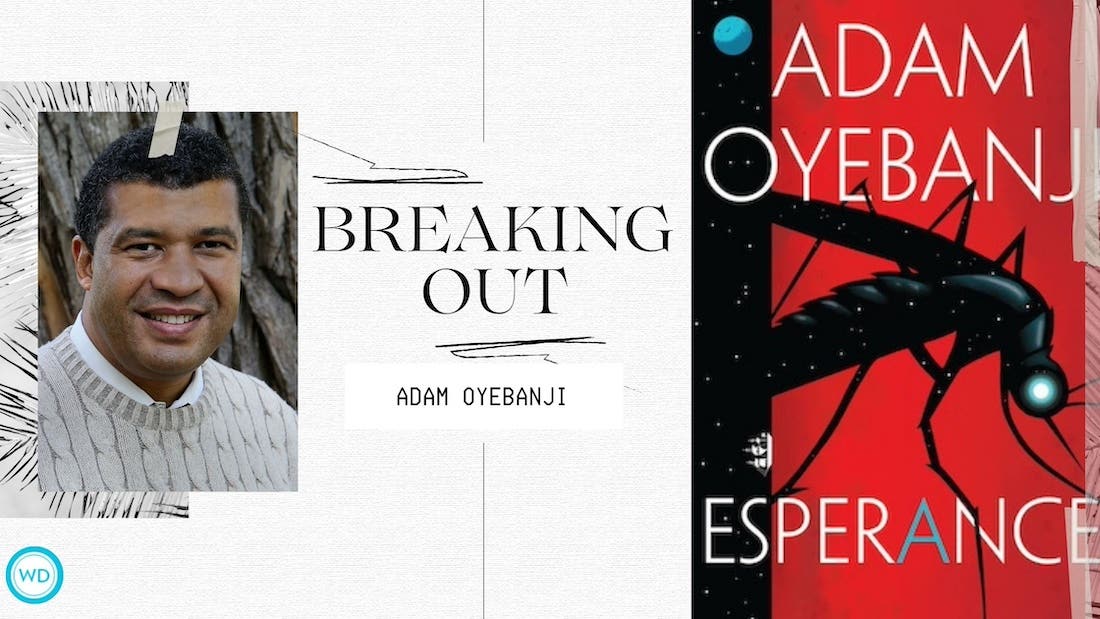Compelling Queries Should Get 75% Positive Response (If Not, Revise Query!)
I’m posting from Muncie, Ind., where I’m speaking and networking with writers at the Midwest Writers Workshop. Through Saturday, I’ll be posting wisdom collected from MWW faculty. You can also…
I'm posting from Muncie, Ind., where I'm speaking and networking with writers at the Midwest Writers Workshop. Through Saturday, I'll be posting wisdom collected from MWW faculty. You can also follow along on Twitter by searching for hashtag #mww10.
--
Today's post features a few bullet points of wisdom from Marcus Sakey and John Gilstrap, who gave an entertaining, humorous, and immensely informative general session on getting published.
How Do You Know If Your Query Is Any Good? Follow the 75% Rule
Probably the stand-out advice of the morning was from Marcus Sakey, who talked at length on query letters. Key points:
- The query letter and novel are two separate things. In fact, they are so separate that it's not even necessary for you to have written a novel to write a fantastic and compelling query letter.
- A query letter seduces the agent. Your are showing an agent you know how to tell a story.
- The query should be brief and simplistic in terms of representing your novel. (The story hook should be kept to about a paragraph.) Refer to your protagonist's name specifically, but try to frame everyone else in general unnamed roles.
Sakey said (and I agree) that queries are very difficult to write well, and because of that, you should send the query out to agents in small batches, maybe 5 at a time, and see what your response rate is. If it's less than 75% "send me something," your query letter needs work.
I tweeted this fact during his talk, and I received an immediate and impassioned response from several writers who felt this was completely off-base—that many writers, even with brilliant queries, couldn't possibly get that good of a response rate. Why? There are too many variables: the story might not be a good fit for the agent, the assistant might be reading it, the query might not scream $1 million advance, your genre might be getting too hard to sell, the agent might be having a bad day ... you get the point.
But I have to say, I'm more inclined to agree with Sakey. Here's why:
I've received, read, reviewed, and critiqued thousands of queries over my career. 95% are average at best.
The last time I ran a critique workshop for queries, out of 140 queries, I only read 2 that met Sakey's criteria for a good query (which are my criteria, too).
Other Tips on Getting Published
- You have to finish the book and put it aside for a while. A month is a good starting place. Then you read the whole thing in 1 sitting. Really mark it up. Then give it out to people. If you keep it to yourself, you're keeping a journal. When you get feedback, don't look at specific suggestions; you will find that they vary. Look for patterns: if four people say the same thing, it's broken.
- Any book that goes much beyond the 6-figure word count is not marketable. Don't get beyond 120,000 for sure. (Joke made: There aren't enough electrons for the e-books if you get to 130,000 words. Ha!)
- Every scene/conversation/line needs to progress the plot or the character. Look closely at your really fabulous paragraphs ("the really freakin' gorgeous ones"). Copy that gorgeous stuff into another file, and you can always go back and remind yourself of your genius. But never use it.
- When e-querying, add the first page of manuscript at the bottom of the e-mail. (Don't attach it.) Of course, it better be a compelling first page. (And it should be a compelling first page no matter what.) Even though this is not a standard approach, if your letter was brief and professional, the agent will think, "Hey, what the hell."
- Treat querying and submitting (and publishing) like a business, and give it the respect and professionalism it requires if you want to get an agent or editor. Prove your case. You do not have a birth right to have your book published, even if it's brilliant. Writing is all about art. But once you start selling that, your writing is all about business. Anyone beyond you in the food chain looks at it like a business. So you're a salesperson. Do your job. (Nothing kills a good product like bad marketing.)
- Keep the submission process going and—very important—then start your next project. You don't make your writing life about the submission process.
So, I'm curious to hear from you—especially any agents and editors out there. What do you think about the 75% rule? Has publishing changed so much that this isn't realistic? Or should a strong and compelling query (targeted to the appropriate agent), conveying a great story in the space of a paragraph, achieve a 75% success rate?
Jane Friedman is a full-time entrepreneur (since 2014) and has 20 years of experience in the publishing industry. She is the co-founder of The Hot Sheet, the essential publishing industry newsletter for authors, and is the former publisher of Writer’s Digest. In addition to being a columnist with Publishers Weekly and a professor with The Great Courses, Jane maintains an award-winning blog for writers at JaneFriedman.com. Jane’s newest book is The Business of Being a Writer (University of Chicago Press, 2018).



